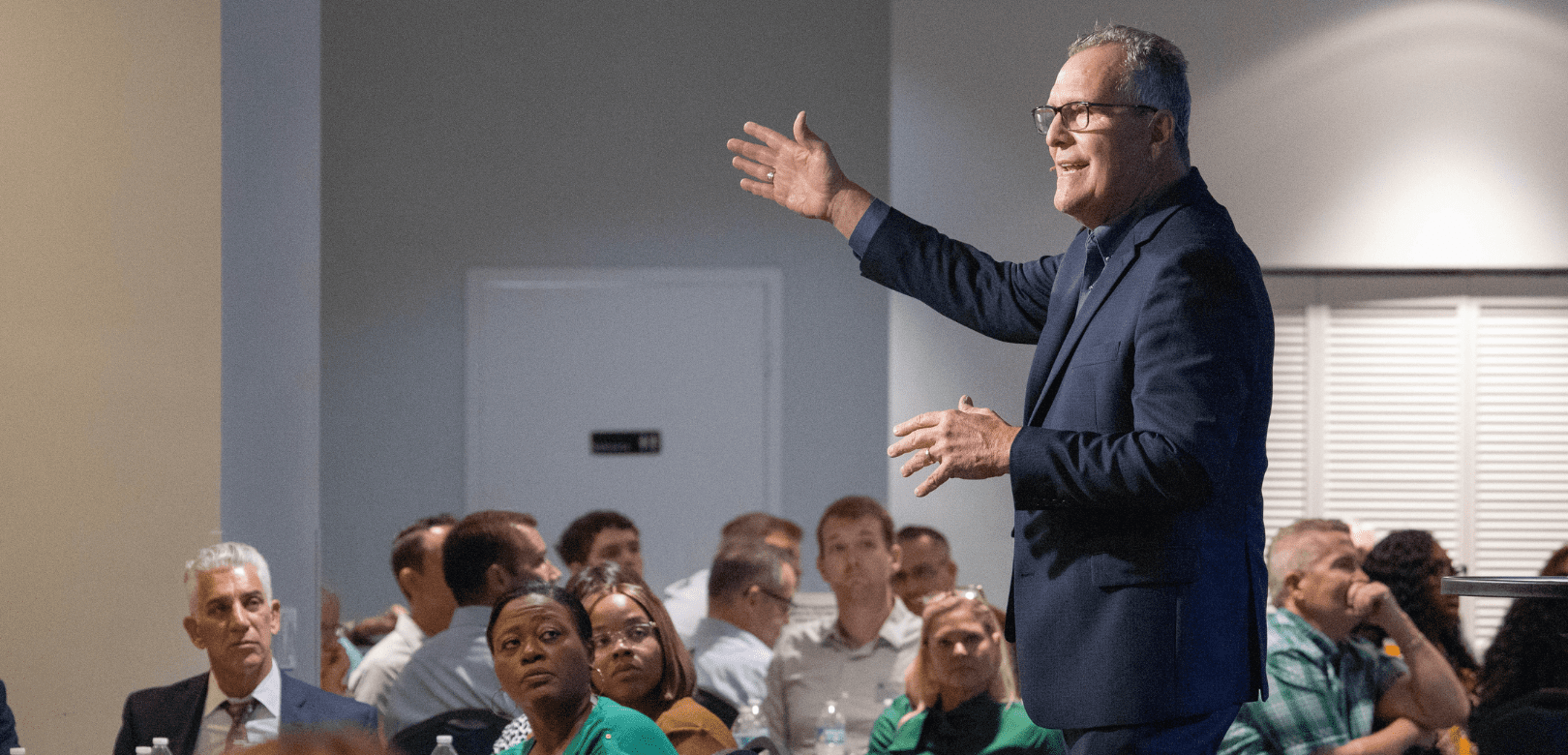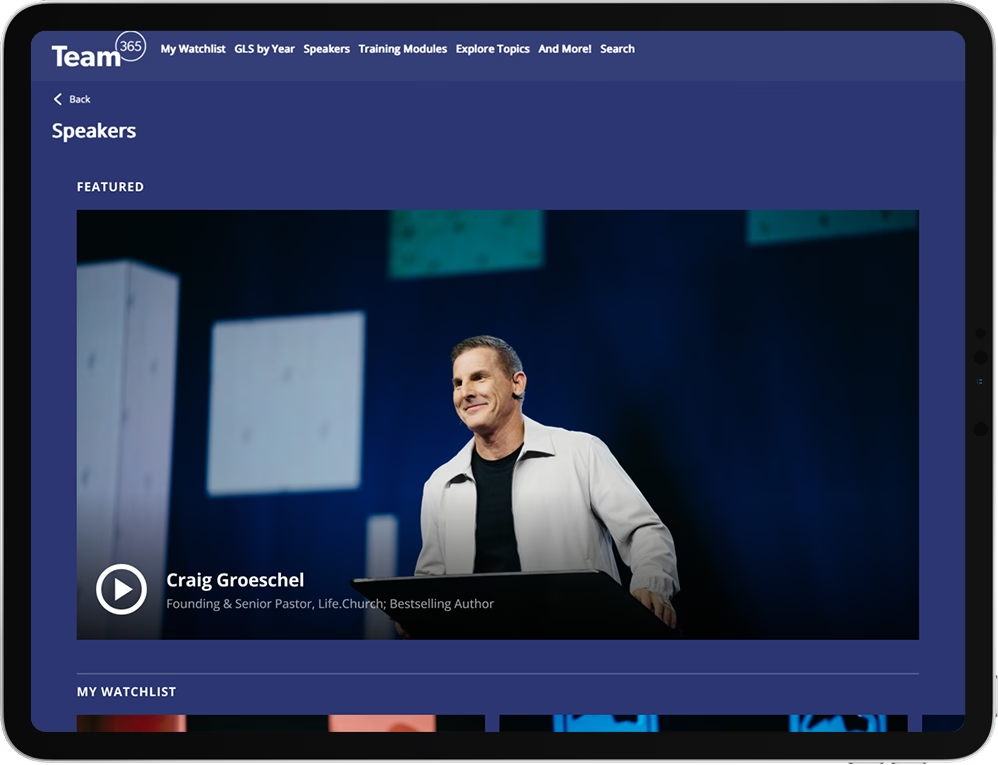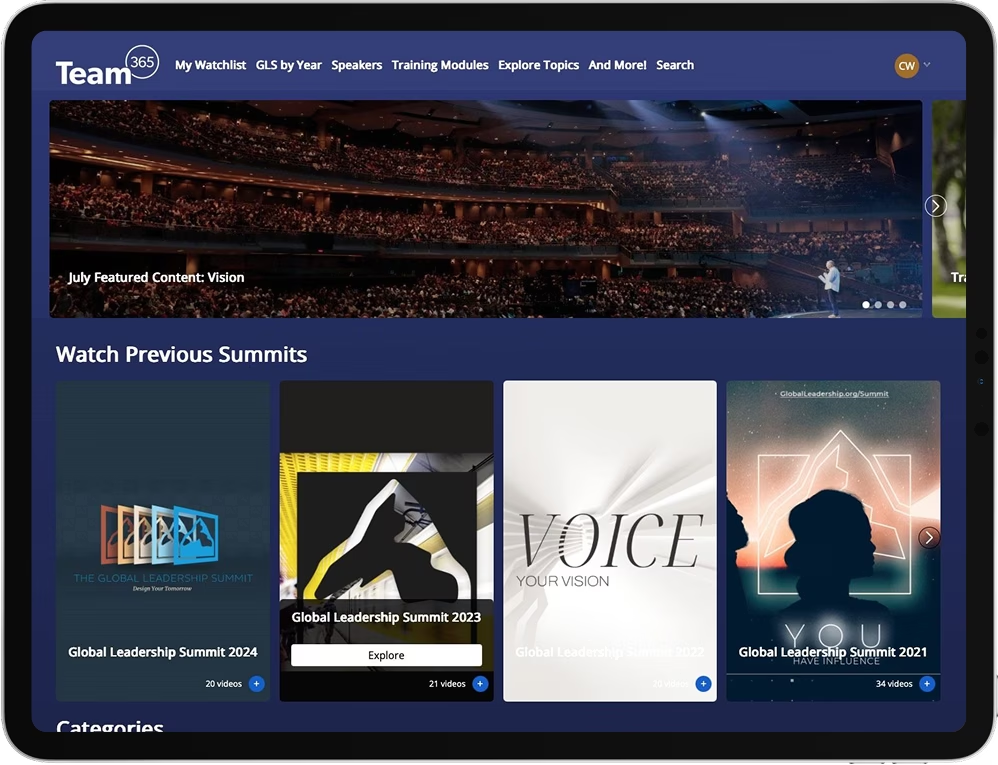Let’s talk about silence.
I know, it’s a strange thing to talk about. And yet, silence is exactly that. It’s what remains unspoken, unsaid, undiscussed—often until it is too late. At worst, silence is what perpetuates mistakes, enables abuse, and all that we wouldn’t wish on others—or ourselves. It's the missing piece.
Staying silent also means our ideas, perspectives, creativity, and expertise are missing from the world.
I’ve been working with leaders for more than a decade to build skills in negotiation, having difficult conversations, and giving feedback. Despite solid theory and practice from my colleagues at the Harvard Negotiation Project, there have been mixed results. Some people still don’t negotiate. Some people still avoid the difficult conversations. Some managers still don’t give the feedback regardless of how much they know they should. Why is that? Silence.
We’ve all learned when and where it benefits us to be silent.
When it’s to our benefit to be compliant, to not “rock the boat”, to avoid backlash or someone else’s reactions, we’ve learned silence from the times we were literally told to “shut up” and from the times that their disapproving looks told us we crossed a line. And yet, staying silent also means our ideas, perspectives, creativity, and expertise are missing from the world. Silence gets in the way of collaboration, innovation, developing talent, and building healthy relationships.
Silence breeds silence.
We each know what is appropriate to talk about—and not talk about—on our teams, in our communities, and in our families. And by continuing to be silent, we reinforce that those are, in fact, the norms. So, let’s ask ourselves—what messages are we sending to others about whose opinions matter, how things work around here, and which risks are worth taking? And are those, in fact, the messages we intend and aspire to send?
Silence gets in the way of collaboration, innovation, developing talent, and building healthy relationships.
So many leaders say they want to build a “speak up culture” where people speak freely and where together, we can get to the best ideas and outcomes. Others say “I’m always here for you. You can come to me with anything.” How we show up when someone takes the risk to speak up, to disagree, or to seek help, matters. Why would we go through the motions of sharing our thoughts if we knew that they wouldn’t be received, and in fact, might make things worse?
Many of us are caught in what social psychologist Adam Galinsky calls the "low power double bind" because we’re outside the range of acceptable behavior. But who gets to decide what is an acceptable range of behavior? Who decides what we’re going to talk and not talk about here—on this team, and in this family? We do. As leaders, we set the tone about what is acceptable or not acceptable, what issues we’re going to grapple with and which we’re going to steer clear of, and what parts of our lives we’re allowed to bring into the room and which we’re going to ignore.
As leaders, we need to reckon with the role silence plays in our own lives and to ask ourselves:
- When and where do I stay silent?
- What are the things I don’t talk about—at work, at home?
- What’s behind the well-worn habits of not talking about those things?
- What culture do I really want to build on my team or in my family?
If you want to encourage healthy debate, do you start encouraging people to say, “I see it differently…” and appreciate them when they do so?
To reap the benefits that collaboration, innovation, and fully unleashed talent promise us, we each have to ask and answer:
- What role does silence play in my life?
- How is silence holding you—and your team—back?
Related

Meet David Ashcraft, Global Leadership Network CEO: A Passion for Leaders

How One Church Is Reshaping the Story of Its Town

Why You Should Trade Your Leadership Pipeline Mentality for a Leadership Culture

The Tech CEO who sold his home to live with the formerly homeless

Self-Care Should Not Be Selfish: Why Leaders Thrive When They Look Beyond Themselves

Does your team have a microculture?
Leadership That Lasts
Team365 isn’t just a platform. It’s a commitment to grow, lead and live with purpose — every single day. Whether you’re here for content, community or clarity, you’re in the right place. Your leadership matters. Let’s keep going.





